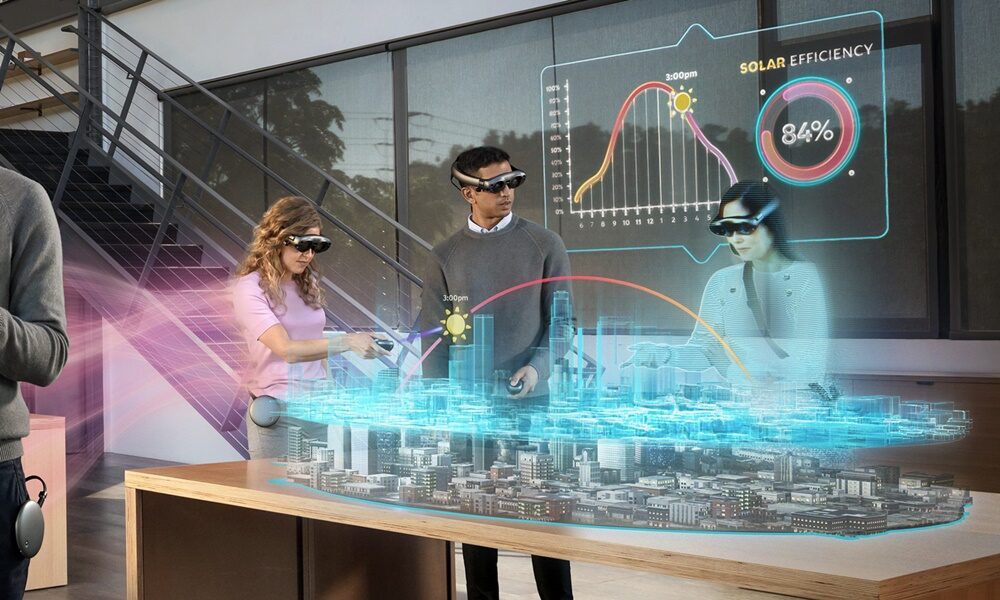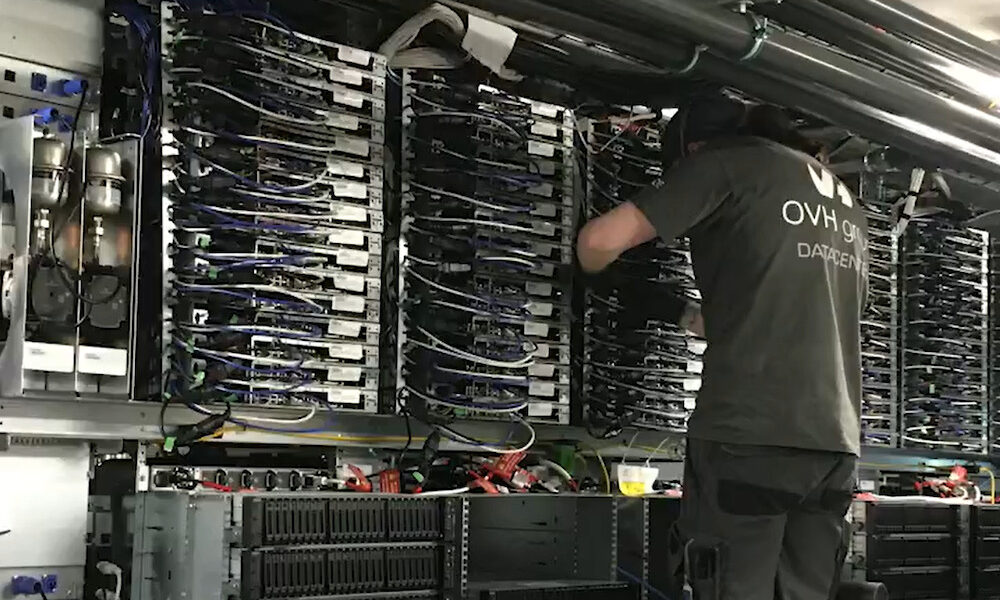
October begins with a great news regarding the launch of new augmented reality products. Magi Leap 2 arrives, the most compact and lightest second generation AR glasses than its first version although, for now, at a much higher price. Already available in 19 countries, including the US, UK and some European Union countries, they are aimed at developers and professionals.
These new Magic Leap glasses include a series of updates regarding their design. And they could set a precedent when it comes to glimpse the future of future augmented reality glasses which are expected to hit the market in the coming years.
Features of Magic Leap 2
Unlike its first version, the Magic Leap 2 glasses are 50% smaller and up to 20% lighter. They offer a better user experience, as they have better visibility for augmented reality in bright light thanks to what the company calls “dynamic dimming”. Or what is the same, they help the virtual content appears even more real and sharp. Its optics offer higher quality images with easier to read text and even a much wider field of view than other similar devices.
These glasses have an 8-core AMD Zen 2 CPU and the GFX10.2 GPU also manufactured by AMD, and consisting of 8 Compute Units (CUs); a 12.6MP camera; other cameras for depth; eye tracking and field of view and 60FPS manual tracking for gestures.
The Magic Leap 2 offers 3.5 hours of uninterrupted use and 256 GB of storage. Which means the most capacity of any AR device. Also 7 hours in sleep mode and a large number of sensors that are responsible for monitoring the environment that surrounds the user.
After the lukewarm reception of the original Magic Leap, the company seems to have learned its lesson. Instead of targeting end users, the Magic Leap 2 focuses on business usersand have indeed partnered with medical companies like SyncThink.
Its price ranges between more than 3,000 euros in its basic edition and almost 5,000 in its most PRO version. Among your target audience, The company emphasizes professionals in medicine, product manufacturing, retailand even also defense.
Companies like SentiAR, NeuroSync, Cisco, Heru, Taqtile, PTC and Brainlab have already had access to this device in a first phase. Giving it uses for training, communication and remote assistance in clinical and industrial environments, among others.



